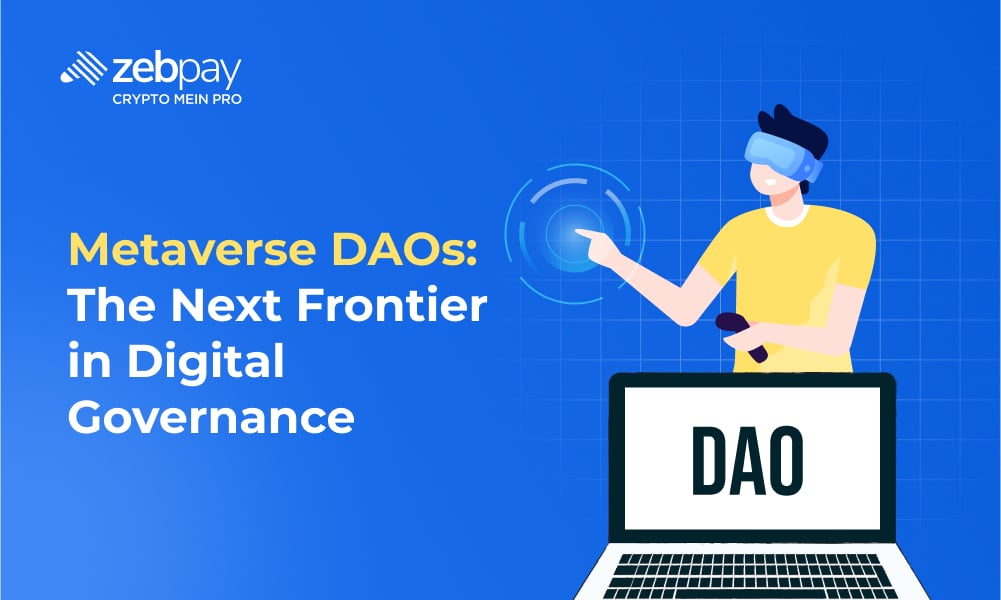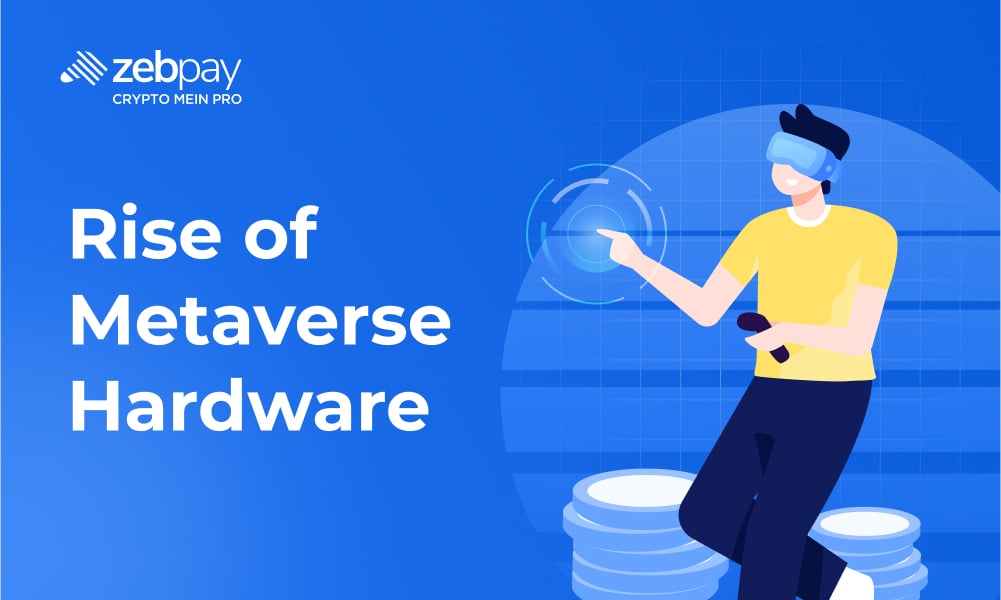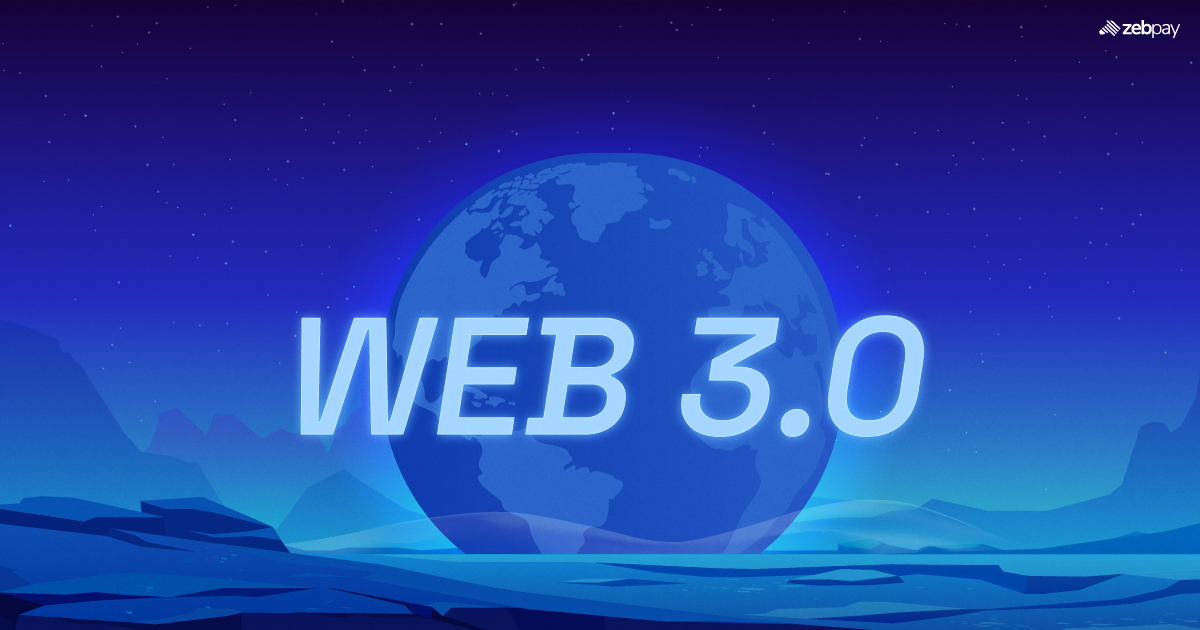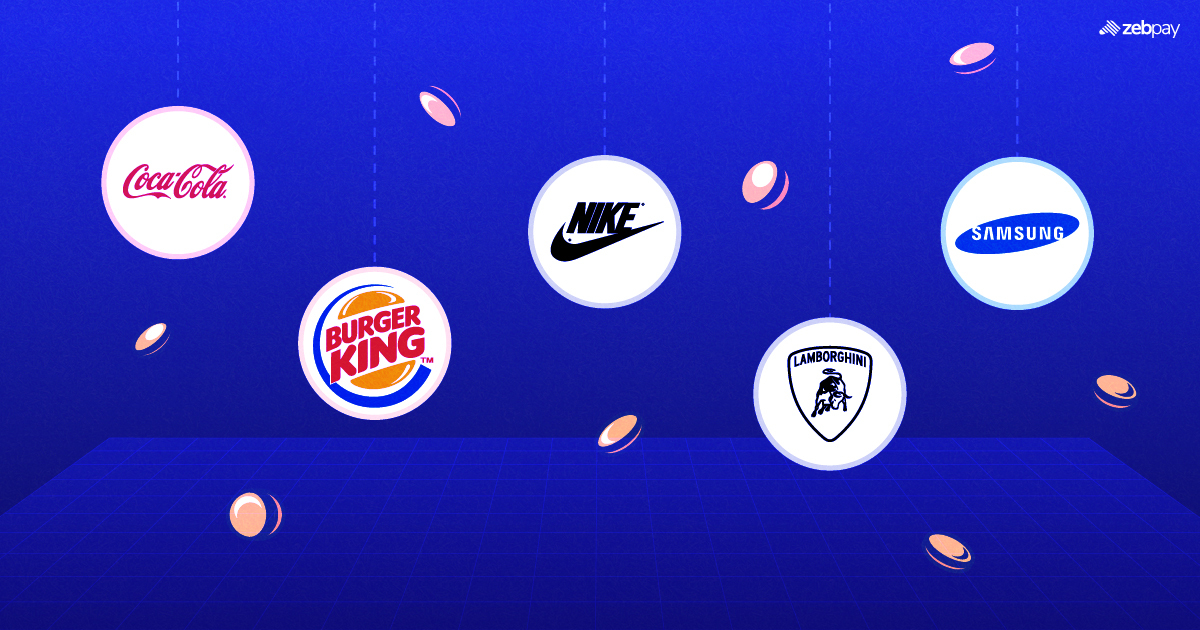In an age of rapidly expanding digital landscapes, the concept of governance seems to be undergoing a futuristic transformation with the rise of metaverse decentralised autonomous organisations (DAOs). From what it’s understood, these institutions are changing the way virtual worlds work, putting power directly in the hands of users. But what exactly is a metaverse DAO, and why is it considered the next big leap in digital governance? Let’s dive into the transformative mix of blockchain technology and immersive virtual environments that are destined to change the way we communicate, create, and control in the digital realm.
Understanding the Basics
At its core, a metaverse DAO merges two cutting-edge technologies: the metaverse and blockchain governance. The metaverse features a virtual, immersive digital world where users can interact, create, and own assets. At the same time, a DAO is based on smart contracts functional on a blockchain, eliminating the need for a centralised authority.
In a metaverse DAO, virtual-world decisions, from economic policies to in-game rules, are collectively made by the community. Each member of the DAO holds voting power, usually through tokens, allowing them to make changes and improvements. This governance model cuts across traditional, centralised structures, and emphasises transparency, autonomy and empowerment of users. In the midst of it, smart contracts play an important role in ensuring fairness and trust in the process by automating decisions.
The Intersection of Metaverse & DAOs
The combination of metaverse and DAOs marks a pivotal moment in digital innovation, combining immersive virtual environments with decentralised governance. Metaverse is an expansive digital universe where users can create, transact, and acquire assets in real-time. On the other hand, DAOs create a functional governance structure without centralised control, powered by smart contracts on blockchain networks.
At this intersection, metaverse DAOs allow users to not only participate in virtual worlds but co-control them. This means that the direction of the metaverse, whether it is virtual land use, budgeting, or user interactions, is democratically decided and everyone involved has a voice through a voting system, which is token-based, ensuring that decisions are transparent and community-driven.
This fusion allows for an unprecedented level of freedom. Instead of controlling how the virtual world evolves, DAOs distribute that control among the users. They can propose changes, vote on key decisions, and participate in the acquisition of digital assets. It is a powerful revolution, with complete decentralisation of governance and ownership, reflecting the ethos of the blockchain movement.
Key Features
| Decentralised Governance | Collective decision-making, with voting rights typically distributed via governance tokens |
| Token-based Voting | These tokens, earned through participation or purchased, grant voting power to holders, allowing them to propose and vote on metaverse-based changes. |
| Smart Contracts | These self-executing contracts ensure that decisions, once voted upon, are implemented without manual interference. |
| Ownership of Virtual Assets | Users can own virtual assets such as land, property, or digital items, all secured through blockchain technology. |
| Incentivised Participation | They incentivise active participation through rewards such as additional tokens, governance power, or access to exclusive digital assets. |
Advantages & Disadvantages
Advantages
- Decentralised Control: Metaverse DAOs place the power in the hands of the community, allowing users to collectively make decisions on everything, from economic policies to virtual land usage.
- Transparency and Trust: All decisions and transactions, in a metaverse DAO, are recorded on the blockchain, ensuring complete transparency. Blockchain’s immutable nature ensures that there are no possibilities for favouritism.
- Global Participation: They operate without geographical boundaries, allowing anyone with Internet access to participate, resulting in a more inclusive digital experience.
Disadvantages
- Governance Disparities: Token-based voting could result in governance disparities, as individuals having more tokens could exert greater influence over decisions, which could lead to a concentration of power.
- Scalability Issues: As metaverse DAOs grow in size, scalability can become a concern. Blockchain networks can sustain performance problems while handling large numbers of transactions or votes, potentially leading to delays and higher transaction costs.
- Security Vulnerabilities: Smart contracts, the backbone of DAO governance, can have vulnerabilities that might be exploited by hackers. Moreover, it could result in financial losses.
Notable Examples
| Decentraland | It operates as a fully decentralised virtual world governed by a DAO, which allows users to buy, develop, and trade virtual land using its native crypto, MANA. |
| The Sandbox | It allows users to create, own, and monetise virtual assets. Users can purchase virtual land (called LAND), and make transactions using the platform’s utility token, SAND. |
| Axie Infinity | It’s a play-to-earn metaverse game where players can collect, breed, and battle creatures known as Axies. Its decentralised governance model is backed by Axie DAO. |
| Aavegotchi | A decentralised gaming platform that blends decentralised finance (DeFi) and non-fungible tokens (NFTs) within a metaverse. |
| Alien Worlds | It’s a decentralised metaverse game that incorporates DAOs across multiple virtual planets. |
Future Prospects
- Expansion of Decentralised Economies: As more people immerse themselves in virtual worlds, the economies within these metaverses are expected to grow exponentially. Metaverse DAOs are anticipated to lead the creation of fully decentralised economies.
- Integration with DeFi: With the growth of blockchain-based virtual worlds, DeFi protocol incorporation can happen to increase financial opportunities for users. This could include decentralised lending, staking, or earning interest on virtual assets.
- Cross-Platform Interoperability: In the future, metaverse DAOs may not be limited to individual platforms. DAOs from various metaverses could collaborate on shared goals, policies, or even virtual economies.
Conclusion
Metaverse DAOs blend decentralised governance with immersive virtual worlds, empowering users to organise and manage their digital environments. Using blockchain technology, these DAOs can provide transparency, community-driven decision-making, and a decentralised economy. As technology advances, metaverse DAOs promise to expand opportunities in finance, education, and business. Despite the challenges, their evolution signals a transformative shift in how we interact with and control the digital environment, paving the way for a more inclusive-looking future.
Unravel everything that you need for your crypto journey via ZebPay blogs. Get started today and join 6 million+ registered users on ZebPay!





